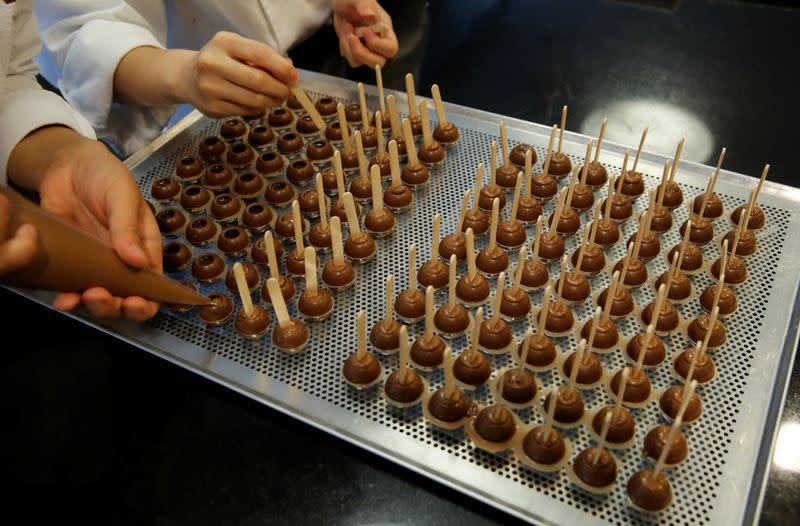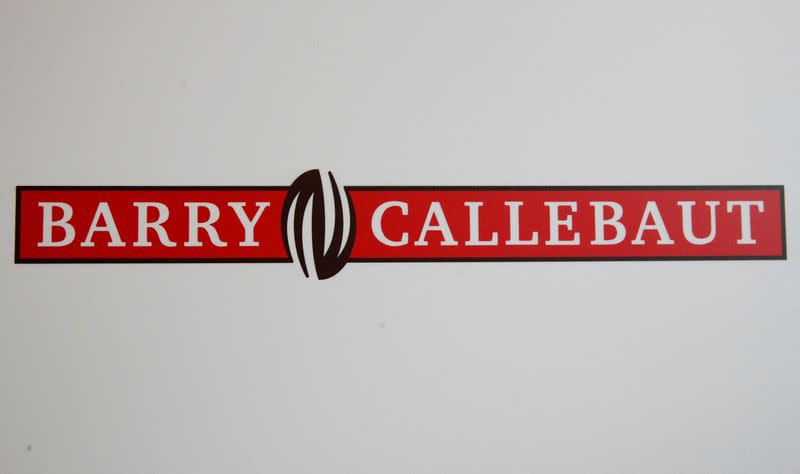Barry Callebaut expects to hit sustainable cocoa target by 2025
By Maytaal Angel
LONDON (Reuters) - Barry Callebaut, the world's biggest chocolate maker, said on Monday it is on track to meet its target to trace the source of all the cocoa in its direct supply chain by 2025, making sure it does not come from protected forests.
Cocoa traders and chocolate companies are coming under increased pressure from consumers and governments to clean up their supply chains in the global fight against climate change.
The European Commission has proposed a law, expected to be passed in 2023, aimed at preventing the import of commodities linked to deforestation by requiring companies to prove their global supply chains are not contributing to forest destruction.
Barry Callebaut said in a statement it has so far reached 60% traceability to the individual cocoa farm level in its direct supply chain, and is also working on a plan to enhance traceability in its indirect supply chain.
The indirect chain includes farmers, cooperatives, local traders and exporters who do not work directly for Barry Callebaut.
The chocolate maker did not say what percentage of the total cocoa it sources is traceable, but the World Cocoa Foundation, an industry group, estimates around half of world bean supply is sourced indirectly.
Under the looming EU law, chocolate and cocoa companies placing products on the EU market will likely be required to show the cocoa they source, whether directly or indirectly, did not come from protected forests.
Emissions from the land-use sector, mostly from deforestation, are the second major cause of climate change after the burning of fossil fuels, European Commission data shows.
(Reporting by Maytaal Angel; Editing by Alexander Smith)

 Yahoo Finance
Yahoo Finance 

